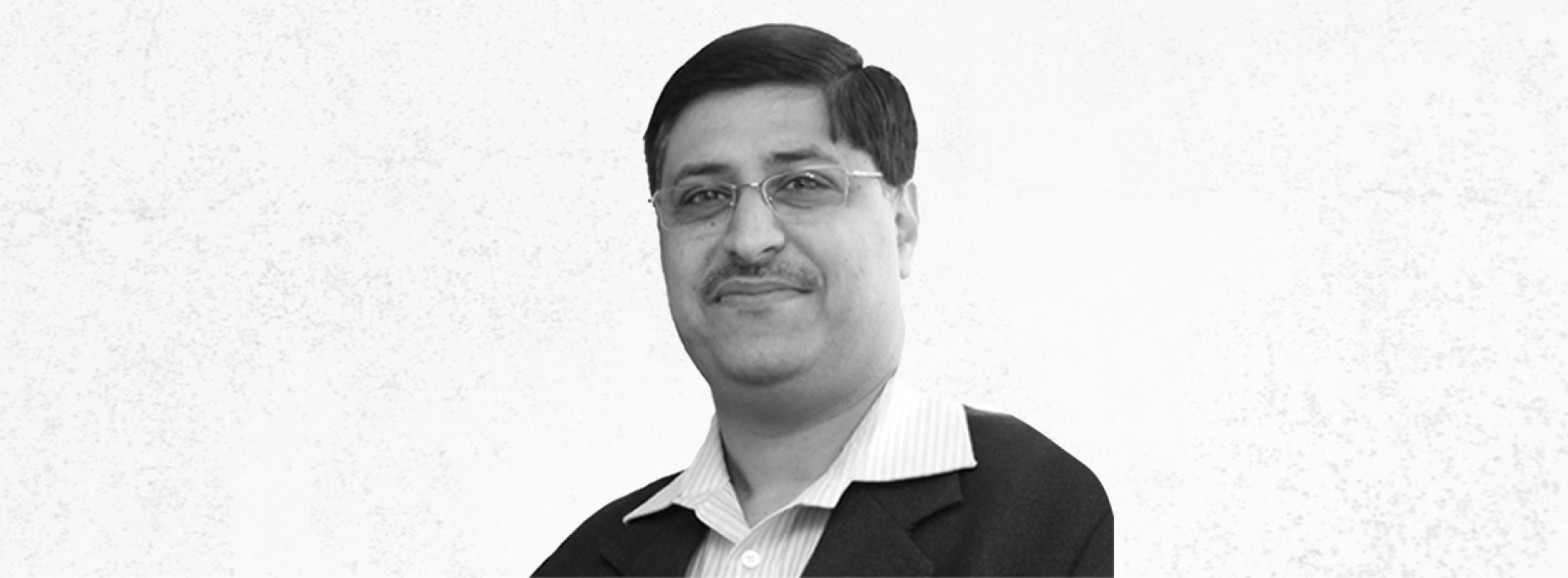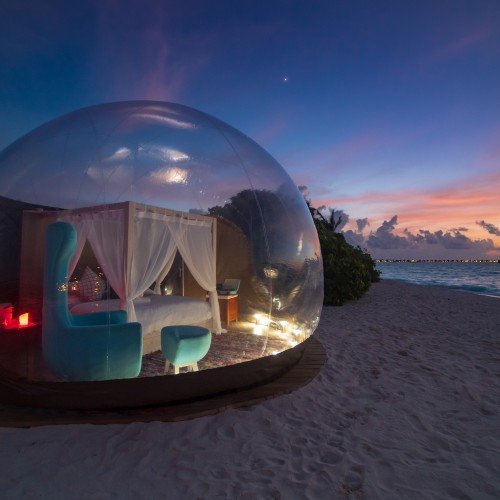Level UP: The Skills Travel Professionals Will Need Post Covid- 19
COVID-19 has profoundly changed the way people live, work, travel and socialize. Social distancing, sanitization, contactless, etc. are the new buzzwords and safety from the pandemic has become a constant preoccupation for most of us.
In the economic sphere, the travel and tourism sector across the world has been one of the worst victims of the pandemic. The pandemic has disrupted and dismantled so many established rules, norms, practices and Standard Operating Procedures (SOPs) that it has introduced an entirely new set of challenges for the sector. Now that travel and tourism is finally in the process of reopening after months of restrictions, travel & hospitality professionals need to grasp how to work and serve their clients amidst the ‘new normal’. This entails new investment in physical and human resources. In this backdrop, we speak to three industry executives to understand what new skills they will look for in their team in the post COVID world. Here are their considered suggestions:
Ajay Bakaya, Managing Director, Sarovar Hotels & Resorts
1. Adaptable to change: The way office functions and how we work has changed. In addition to being able to work efficiently from home, one also has to be able to work well under pressure, adjust to new and unexpected deadlines, prioritize tasks and even accept additional responsibilities. Hence, people with the skill to adapt quickly to changes would be of great value to their workplaces.
2. Innovation in business strategy: It is a very critical and crucial time to re-look at business strategy. The travel industry is facing an unprecedented set of challenges, at such a time, employees that are able to adapt the business approach accordingly can effectively problem-solve and identify new opportunities.
SN Srivastava, President and Co-founder, Clarks Inn Group of Hotels
Cautiousness: Hotels need to reorient and reeducate their staff. They need to learn how to operate and manage properties during the current situation. Employees, especially front desk staff, need to be trained to operate in a way that minimizes all possible touch-points between an associate and guests. Maintaining social distancing at all times by adopting multiple preventive actions and safety measures, should come naturally to staff now.
Emergency care
Another useful skill for hotel employees in the new world reality is proficiency in basic health services. This would be very helpful in case of any unforeseen emergency arising out of the Coronavirus infection or otherwise. It can be done on the lines of Civil Defense training in collaboration with the local municipal health administration. It should enable the employee to provide some immediate relief and assistance to the victim before the medical aid arrives.
Rajeev Nangia, Chief Operating Officer, TRAC Representations (I) Pvt. Ltd.
1. Technology skills
Even before coronavirus, the growing digital skills gap was apparent. This pandemic has accelerated a huge digital transformation. Ensuring adaptation of technology in day-to-day use, will facilitate travel and help in maintaining contact with clients and suppliers. Initially, clients may hesitate to walk into our offices and may contact us over the phone, but to make our sales effort look more professional we should try to engage them on websites, video conferencing, social media, etc. for packages and facilities if the operation has one. We may include in our services web check-in for tickets and other facilitations as these will give them a handholding experience and will go a long way in building confidence. In fact, this is the bare minimum according to experts, artificial intelligence, Internet controlled operations, robotics etc. will be the answer that will help industries grow more resilient to pandemics in the future.
2. Specialization: Specialization will play a key role in the near future as clients will prefer discussing their plans with a professional, who is fully aware and updated with the latest information about the destination, hospitality options, activities etc. After, recent uncertainty the more information you can share, the more confidence clients will have in your service and will make you their reliable travel partner instead of a just another travel agent or tour operator.
3. Transparency: People are becoming more aware of the social, economic and environmental impacts of tourism. They are willing to pay a premium for responsible tourism and good service.
I am a firm believer that ‘New Normal Scenario’ is not going to be a period of price-cutting; rather it will bring in transparent pricing with a fee attached. It may sound little out of line from the way we have been functioning so far but now is the time to put new norms in place.
You might also like
Oceania Cruises introduces innovative new dining options
A sweeping re-inspiration of the grand dining room menus has created the ultimate fine dining experience Oceania Cruises, the world’s leading culinary- and destination-focused cruise line, is unveiling new dinner
Something’s Bubbling in Paradise by the Small Maldives Island Co
Retro-chic resort launches luxury ‘Beach Bubble’ tent – a first for the Maldives The glamping trend is about to blow up in the Maldives, as the Indian Ocean’s grooviest getaway,
Abu Dhabi Records 1.6 million hotel guest arrivals in first four months of 2017
Emirate sees 7% growth in hotel guest arrivals compared to previous year New figures from Abu Dhabi Tourism & Culture Authority (TCA Abu Dhabi) show that Abu Dhabi welcomed 1.6








